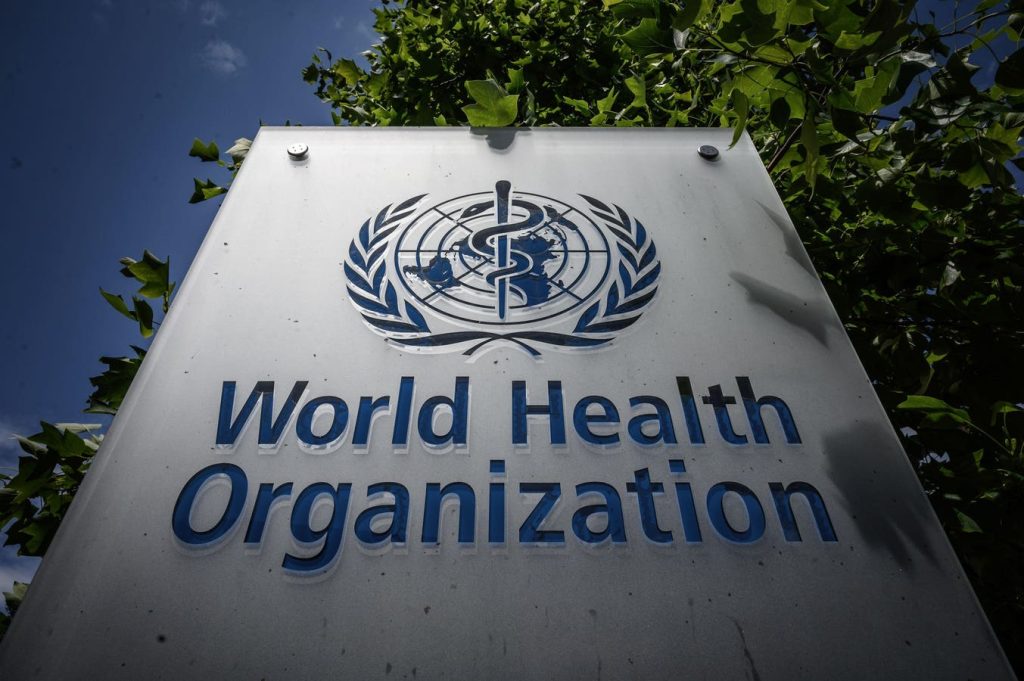The International Court of Justice has granted the World Health Organization’s request to participate in the proceedings relating to the advisory opinion on the Obligations of States in respect of Climate Change. This follows a request from the United Nations General Assembly for the ICJ to determine the financial liability of countries for their contribution to climate change. The WHO’s authorization came after the deadline for written statements, leaving the deadline for responses as June 24. The advisory opinion, although non-binding, will provide insight into how the Court may interpret future climate-related litigation and guide legislative development.
The UN requested the ICJ to issue an advisory opinion on the legal obligations of countries in preventing climate change on March 29, 2023. The Court has received an initial package of relevant laws and treaties and has allowed member states and international organizations to submit written statements to present their legal arguments and opinions. The participation of organizations such as the African Union, the European Union, OPEC, and others has been approved, with the WHO being the latest addition. It is unclear which member states have submitted written statements at this time.
While the written statements and court documents are currently private, the WHO has previously highlighted the link between climate change and public health. Dr. Tedros Adhanom Ghebreyesus, WHO Director-General, has stressed that the climate crisis is a health crisis, impacting disease outbreaks, noncommunicable diseases, and health workforce and infrastructure. The inclusion of the WHO in the proceedings underscores the importance of addressing climate change as a public health emergency.
The Court has not yet outlined the process it will follow once all written statements and responses are received. It is likely that the advisory opinion will not be released until around 2025. The outcome of this advisory opinion will provide valuable guidance on how the ICJ may approach future climate change cases and legislative developments. With the inclusion of various international organizations and their perspectives, the Court will have a comprehensive view to consider when issuing its advisory opinion.
Overall, the participation of the WHO in the ICJ proceedings on climate change obligations reflects the interconnected nature of climate change and public health. The advisory opinion will play a significant role in shaping future legal interpretations and obligations related to climate change. As the process moves forward, further details on the submissions and potential outcomes will become clearer, highlighting the importance of global cooperation and legal frameworks in addressing the challenges of climate change.


